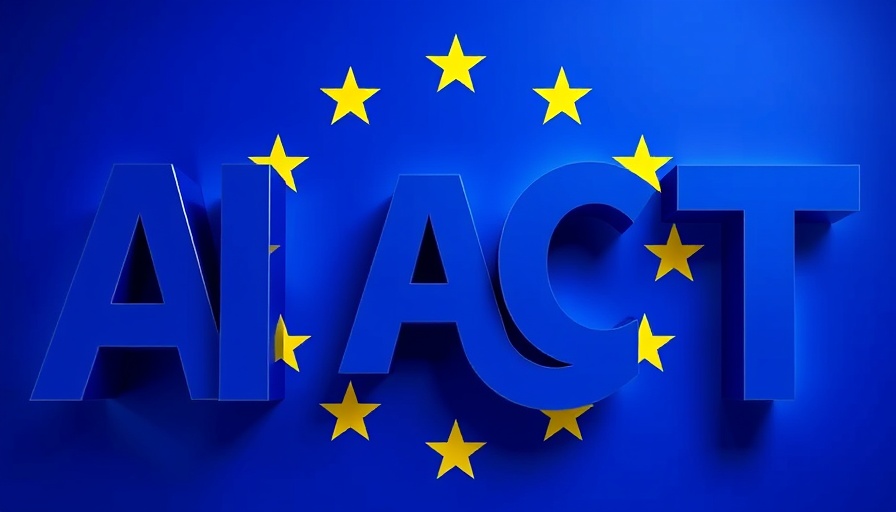
Understanding the Antitrust Case Against Meta
The ongoing antitrust trial against Meta, spearheaded by the Federal Trade Commission (FTC), has opened up a significant conversation about the structure of competition in social media. The main crux of the debate? Whether Meta's platforms, including Facebook, Instagram, and WhatsApp, hold a monopoly over what the FTC describes as "personal social networking services." This trial is not just about Meta's practices; it is a crucial landmark case that could reshape how we view competition in the tech industry.
Why This Case Matters for Business Owners
As a business owner operating between $2 million to $10 million in revenue, understanding the implications of this trial is essential. If the FTC succeeds in proving that Meta maintains a monopoly, it could pave the way for breaking up the company. This has ramifications not just for Meta, but for the entire social media landscape that businesses like yours utilize for marketing and engagement. Think of the ripple effects on advertising costs, market accessibility, and user engagement dynamics.
Meta’s Defense and Competitive Landscape
Meta argues that competition in social media is vibrant and diverse. The company maintains that users are increasingly looking beyond its platforms for connection, with friends' posts generating lesser visibility. It highlights the rise of other social media contenders that offer unique features—signaling that competition is not only alive but evolving. For business owners, this context is crucial. Engaging with multiple platforms could be vital to marketing strategies moving forward.
The Bipartisan Nature of the FTC's Pursuit
What stands out in this case is its bipartisan backing. Initially filed during the Trump administration, the FTC has persisted with the case under the Biden administration, indicating a united front across the political spectrum regarding Big Tech regulation. For entrepreneurs, this highlights an evolving regulatory environment that is worth monitoring closely. Policies evolving from this trial could influence everything from advertising regulations to data privacy issues affecting customer engagement.
Implications for Future Trends in Technology
As the trial sheds light on Meta's market role, it also opens avenues for understanding broader tech trends, such as the integration of fintech and digital currency in social media platforms. What if the outcomes lead to more decentralized and diverse competitors in the social media space? This could fundamentally alter how brands engage with consumers, compelling businesses to adapt their marketing approaches swiftly.
Taking Action: Preparing for Regulatory Changes
For business owners, adaptability is key. Staying ahead means closely following developments in the antitrust space and understanding how they can influence market conditions. Consider diversifying your marketing efforts and exploring emerging platforms that might serve your brand better in a post-antitrust landscape.
If you want to keep a competitive edge as the landscape shifts, connect with peers, engage in discussions about these developments, and plan your strategies accordingly. Consider where technology, trends, and the evolving regulatory landscape intersect, and adjust your operational infrastructure to meet these changes head-on.
 Add Row
Add Row  Add
Add 



Write A Comment